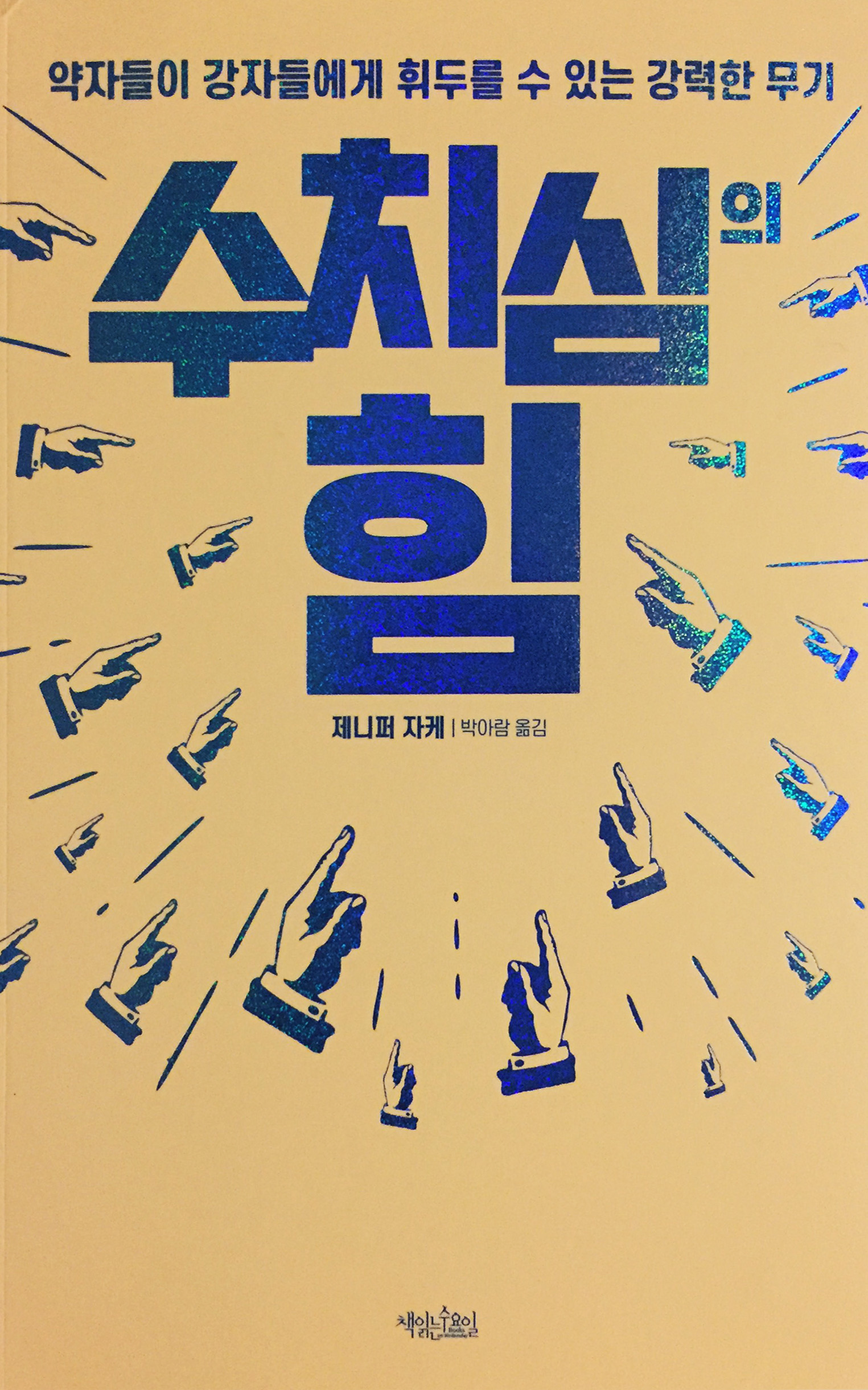book covers




Synopsis
An urgent, illuminating exploration of the social nature of shame, and of the ways in which it might be used, sparingly and pointedly, to promote political change and social reform. In cultures that champion the individual, guilt is advertised as the cornerstone of conscience. Yet while guilt holds individuals to personal standards, it proves impotent in the face of corrupt corporate policies. In recent years, we have been asked to assuage our guilt about these problems as consumers, by buying organic foods or fair trade products, for example. Yet, unless nearly everyone participates, the impact of individual consumer consciousness is microscopic. Jennifer Jacquet persuasively argues that the solution to the limitations of guilt can be found in shame, retrofitted for the age of democracy and social media. She demonstrates how shaming can function as a nonviolent form of resistance that, in turn, challenges institutions, organizations, and even governments to actuate large-scale change. She argues that when applied in the right way, the right quantity, and at the right time, shame has the capacity to keep us from failing other species in life's fabric and, ultimately, ourselves.
The Author
JENNIFER JACQUET is an assistant professor in the Department of Environmental Studies at New York University. She works at the intersection of conservation and cooperation, focusing on the human dimensions of large-scale social dilemmas, such as overfishing and climate change.
Book Talks
Praise
Intellectually stimulating . . . Jacquet uses lively prose and keen insight to explore the myriad ways the shame game continues to impact our everyday lives. A sharp and surprising dissertation that puts the many facets of shame in a whole new light.
In the age of Anthony Weiner and Miley Cyrus, shame seems an antiquated concept—a quaint tool of conformity-obsessed collectivist societies, replete with scarlet letters and loss of face. In this thought-provoking, wonderfully readable book, Jennifer Jacquet explores the psychology and sociology of shame. In the process, she argues that shaming is far from obsolete, and can be an effective weapon wielded by the weak against the strong.”
Shame is no longer unfashionable, thanks to Jennifer Jacquet. This book describes, in sparkling prose, how important a sense of shame is to civilized life, and provides some fascinating insights as to the role of social media in providing a new tool to moderate shameless behavior.
A book that gives shame a good name—and just in time—because it reinforces our better angels, cements our communities, and crucially, because our planet needs us to feel it. Well argued, beautifully written, sophisticated and down to earth.
Shaming is society's natural stabilizer and organic risk-management mechanism, and one that is ignored in modernity, particularly in the virtual world. Worse: it has been largely ignored by researchers before Jennifer Jacquet, whose book gives us an insightful treatment of a vital topic.
It's no secret: we're a celebrity-obsessed, media-driven culture, and shame-or more precisely, the act of shaming others or of feeling ashamed-is part of our DNA. But what if we could use shame as a tool for good? Jennifer Jacquet certainly thinks we can. Her new book mines the possibilities of shame to be used as an agent for positive change. Where the book lands is as unexpected as it is revelatory.
This is a wonderful, important and timely book. It shows us that the glue that really holds society together is not laws and diktats but honour and shame. Among (many) other things, Jennifer Jacquet has identified and articulated the social tools by which it might just be possible to encourage better long term behaviour from those big players—taken corporations—who are otherwise able to find their way round the law.